The holiday season is a time of joy, celebration, and, often, financial stress. Navigating conversations about money with family can be challenging, but with the right approach, you can make these discussions easier and more productive. Here’s how to handle money conversations with your family during the holidays with ease.
Approach Conversations with Empathy and Understanding
When discussing finances during the holidays, it’s crucial to approach the conversation with empathy. Start by creating a supportive environment where everyone feels heard and respected. Share your financial concerns and limitations in a way that is considerate of others' perspectives. For instance, instead of saying, "I can't afford this," try, "I’m trying to stick to a budget this year and need to be mindful of my spending." Practice active listening to understand each family member’s financial situation and expectations.
Set Boundaries and Manage Expectations
Setting clear financial boundaries helps prevent misunderstandings and unrealistic expectations. Clearly communicate your spending limits for gifts, travel, or holiday events. For example, if you’re planning a family gift exchange but have a set budget, explain it in a way that emphasizes your desire to keep the holiday enjoyable without financial strain. Use phrases like, "I’d love to participate, but I need to stay within a certain budget," and be open to negotiating and compromising to find a solution that works for everyone.
Focus on Shared Goals and Values
Aligning financial conversations with shared family goals and values can shift the focus from money to what truly matters. Discuss the traditions and experiences that everyone values most and find ways to incorporate them into your holiday plans without overspending. Consider creating new, cost-effective traditions that highlight togetherness and joy. For example, instead of expensive gifts, you could plan a family game night or a potluck dinner, which can be just as meaningful and enjoyable.
Navigating family finances during the holidays doesn’t have to be a source of stress. There are ways you can manage holiday finances more effectively and enjoy a more meaningful holiday season. We encourage you to engage in open and honest discussions to ensure a joyful and financially stress-free holiday. Remember, effective communication not only helps manage money but also strengthens family bonds and enhances the holiday experience.

